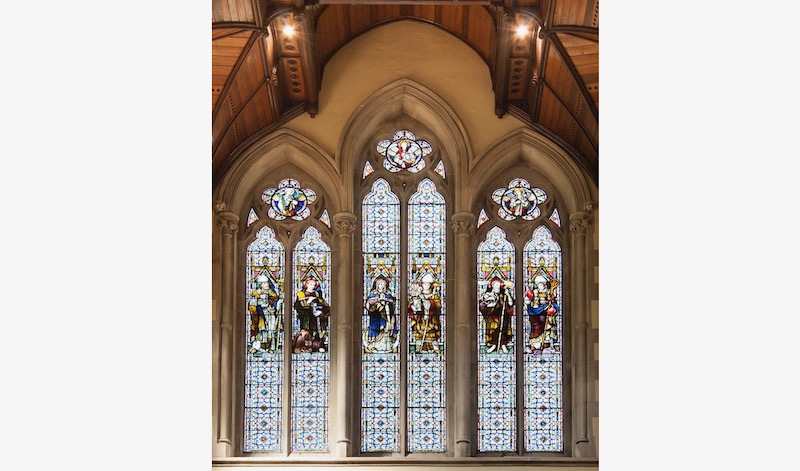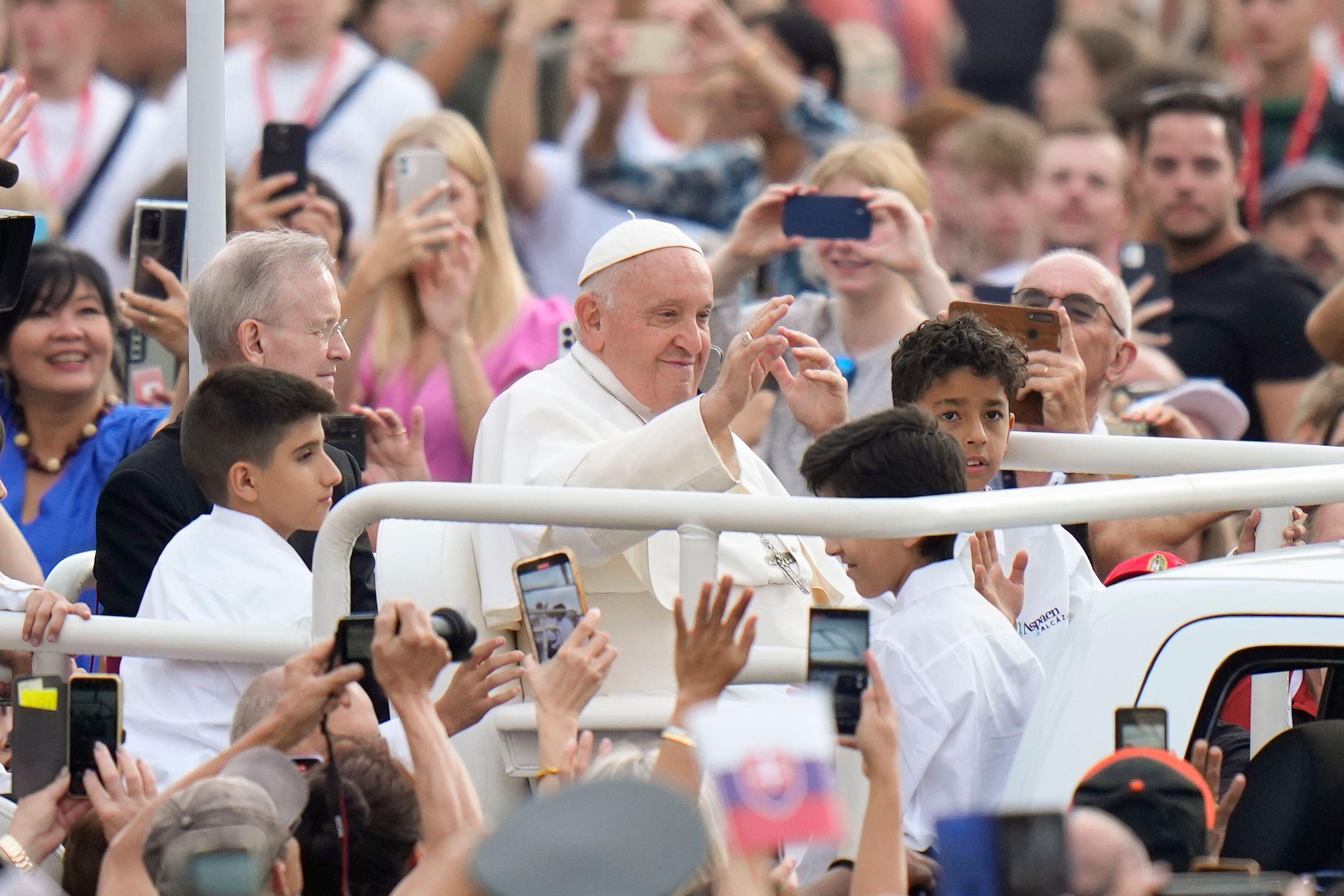Watching the development of synodality within the Catholic Church is fascinating from an Anglican perspective. My first encounter with the Church of England’s General Synod was twenty years ago, when, as a junior BBC News producer, I happened to be present as the gay rights activist Peter Tatchell disrupted the proceedings alongside fellow campaigners. It became a memorable synod, for all the wrong reasons.
I have little doubt that some Anglicans’ ambivalence about our own mixed experience of synodical government means that developments in Rome are being viewed with more than a raised eyebrow.
What has fascinated me, in part, is the tone of some of the social media debates ahead of the Roman Synod. It is perhaps reassuring to realise that Anglican Twitter (of which I am reasonably familiar) shares similarly dysfunctional and corrosive attitudes to those which are seemingly widespread in Catholic social media discourse. Though I am reminded by one friend that Methodist Facebook is worst of all…
I left journalism to train for Anglican ministry, and along the way resumed theological study, considering the specific question of the ethics of Christian disagreement. In essence, I wondered why a faith grounded in love of neighbour found the active pursuit of that neighbour-love within the church so problematic.
Official Anglican-Roman Catholic Commission documents are surprisingly candid and illustrative in this regard. The 1994 ARCIC report, Life In Christ: Morals, Communion And The Church is fascinating on the reality of difference between the two communions, and the particular challenge of mutual caricature. Untruthful prejudices are confronted:
It is not true that the Roman Catholic Church has predetermined answers to every moral question, while the Anglican Church has no answers at all. It is not true that Roman Catholics always agree on moral issues, nor that Anglicans never agree. It is not true that Anglican ethics is pragmatic and unprincipled, while Roman Catholic moral theology is principled but abstract. It is not true that Roman Catholics are always more careful of the institution in their concern for the common good, while Anglicans disregard the common good in their concern for the individual. It is not true that Roman Catholic moral teaching is legalistic, while Anglican moral teaching is utilitarian. Caricature, we may grant, is never totally contrived; but caricature it remains.
For me, the enduring question is why Christians of all denominations remain so ready to assume the worst of each other, and broadcast that fact, whether on social or traditional media. The notion exemplified by Jesus’ words in John 13:35, that the mutual love within the church is itself an attractive missionary sign to those beyond it, seems remote.
And yet the New Testament is candid and consistent in its repeated calls towards the maintenance of loving unity within the body of Christ. Of course this doesn’t mean hard questions should not be faced, particularly when orthodoxy is at stake, but what repeatedly strikes me is the way in which this call to unity falls down the list of ecclesial priorities, despite the consistent urging found within both the Gospels and other New Testament narratives.
Within my own work, the contrast set out by St Paul between the fruit of the Spirit and the acts of the flesh is illustrative. Although, perhaps understandably, attention often focusses on the “big ticket” sins outlined in Galatians chapter 5, it is striking that several of the fleshly characteristics relate precisely to the nature of human interactions in the context of disagreements: discord, dissensions and factions, for example. Whereas the fruit of the Spirit exemplify characteristics which can be transformative in situations of conflict: forbearance, kindness, goodness, faithfulness, gentleness and self-control.
The simple observation is that any church debate, whether within or beyond a particular denomination, will be improved in quality in direct proportion to amount of the fruit of the Spirit present. This question of spiritual reality lies at the heart of how disagreements are faced, and how Christlike we are as we face them.
The irony for me, as I watch the Church of England teeter on the edge of self-destruction over questions of sexuality, is that often we find unity easier to pursue beyond a denomination than within it. The Archbishop of Canterbury, Justin Welby, will pray for Christian unity in Rome this weekend, even as that same unity is seriously imperilled within his own jurisdiction.
We live with these ironies as we intercede for deeper unity. My own particular hope and prayer is that Christian leaders will recognise the spiritual dimension to our striving for unity – and that we will be faithful to the Lord’s desire for his followers to be one, as we face and debate our differences, whether within a synod or beyond it.
Rev’d Dr Christopher Landau is Director of ReSource (www.resourcingrenewal.org).
‘Loving Disagreement – The Problem is the Solution’ is published by Equipping the Church and available via www.theunitycourse.co.uk/



 Loading ...
Loading ...
What do you think?
You can post as a subscriber user ...
User comments (0)